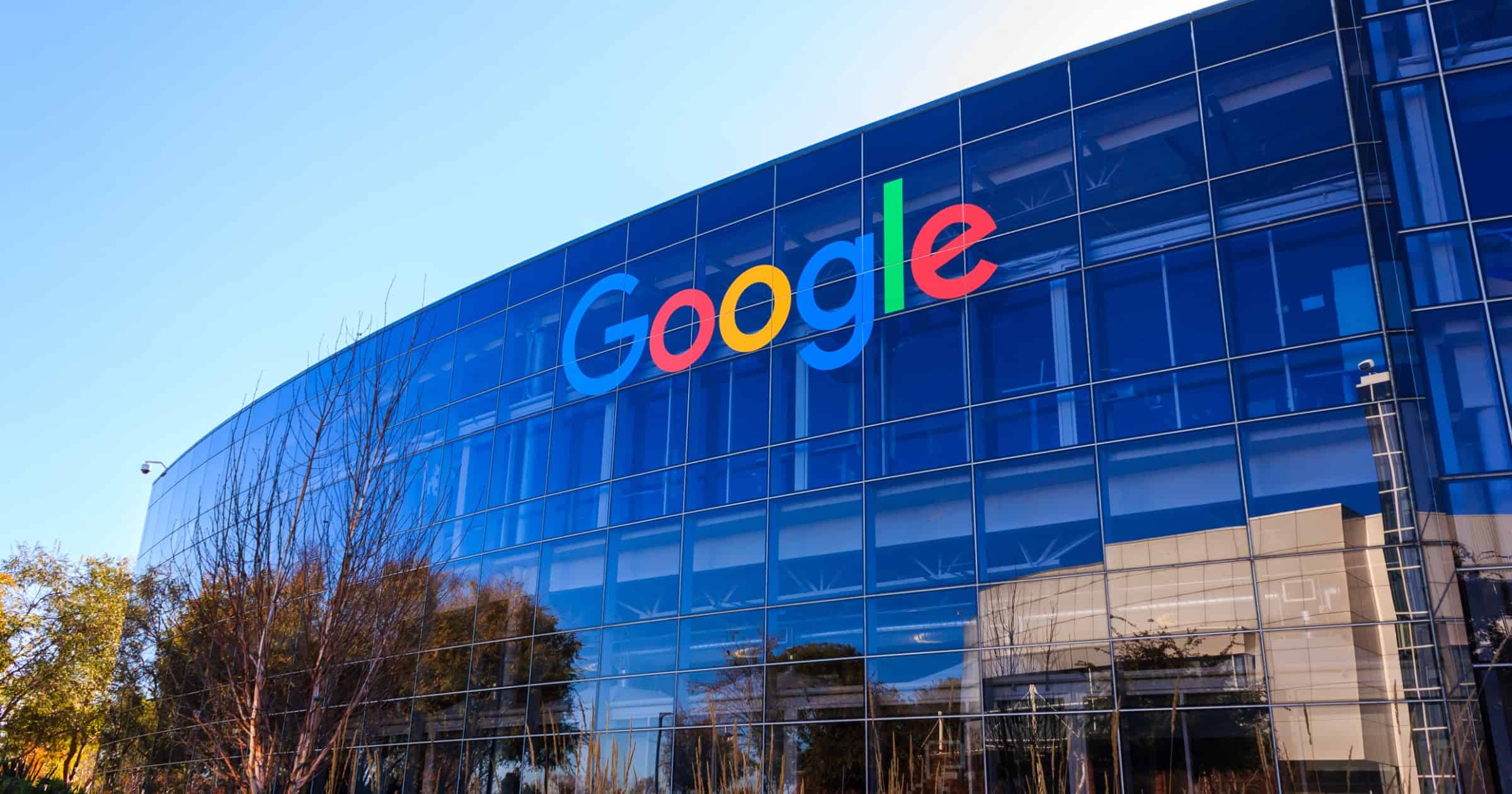A recent Australian defamation verdict [PDF] awarded US$40,000 in damages for an Google search result. Google warns this precedent could lead to censorship of the web.
Defamation of George Defteros
In 2016 George Defteros, a lawyer from Victoria, Australia, asked Google to remove an article from its search results. The article from 2004 reported murder charges against Mr. Defteros that were later dropped. He later sued Google for defamation after the search giant refused to omit the article from its engine.
In 2020, supreme court justice Melinda Richards ruled that the article implied Mr. Defteros crossed a line from professional lawyer to a confidant and friend of criminals. This is due to the lawyer representing various gangsters in court.
Google’s lawyers argue that a search engine is not a publisher because “a hyperlink is not, in and of itself, the communication of that to which it links”. The company’s submission adds:
The inevitable consequence of leaving the court of appeal’s decision undisturbed is that Google will be required to act as censor by excluding any webpage about which complaint is made from its search results, even when, as here, the webpage may be a matter of legitimate interest to the substantial portion of people who search for it and is published by a reputable news source.
Right to Be Forgotten
This isn’t the first time Google has been on the receiving end of such lawsuits. The “right to be forgotten,” also known as “right to erasure,” is an EU rule that gives citizens the power to demand data about them be deleted. In the case of search engines, requesting that links to web pages that may contain sensitive personal information about them.
Google eventually won a case against the French privacy watchdog Commission nationale de l’informatique et des libertés (CNIL). In 2015, CNIL ordered Google to remove search results containing damaging or false information about a person. The agency wanted the results to be removed for Google search around the world. Google’s victory meant it didn’t have to apply the rule globally, instead only in the EU.
In this case, Google may be right. The Australian defamation verdict would likely result in more such cases and probably more of the “global rule versus local rule” for the removal of search results.
